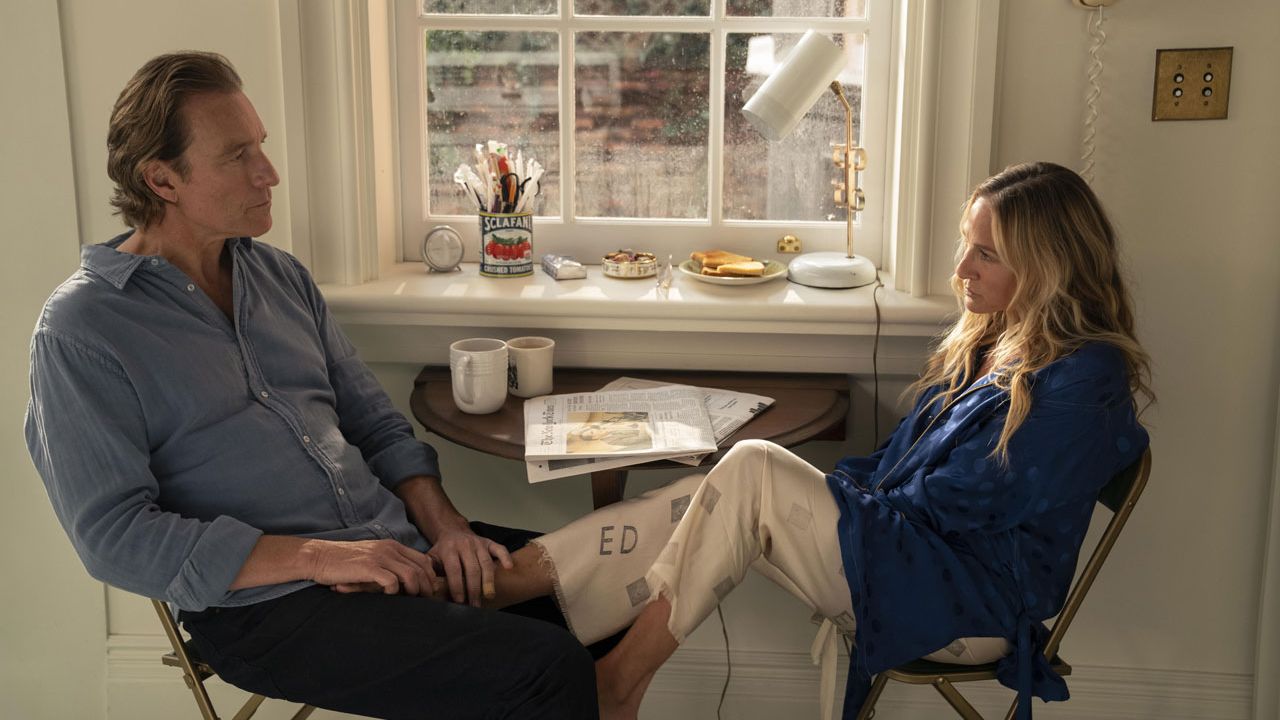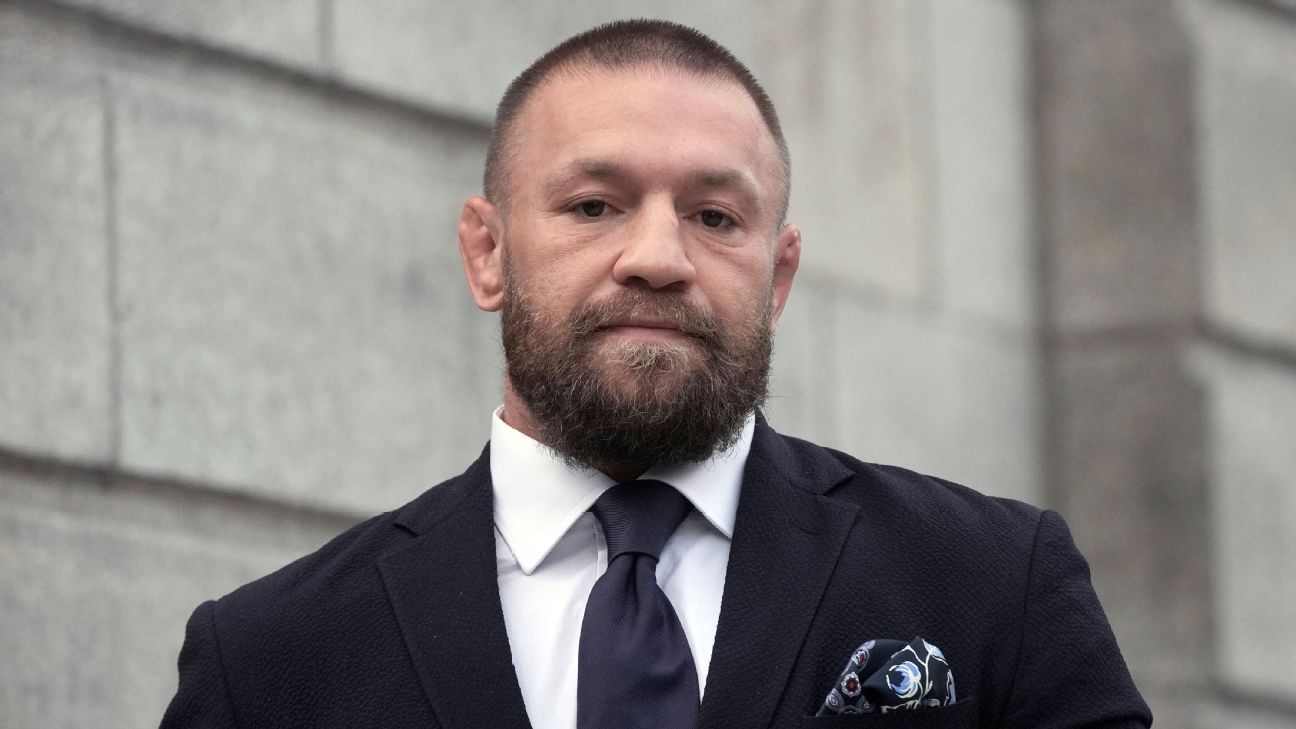
I say this as someone who has both cheated and been cheated on, by the way, which I feel is important to clarify. For me, cheating was almost like an act of self-harm. The relationship certainly wasn’t the healthiest, but it wasn’t quite as broken as I was. And it was ultimately my low self-worth that got me to a point where my hunger for male validation was so insatiable it was practically deranged. Of course, it wasn’t enough to rely on the validation I already had in my relationship; like an addict high on being wanted, I needed more. And in those moments of indiscretion, nothing else mattered. While that relationship did ultimately come to an end, the catalyst wasn’t my infidelity. Nor was it his. We got back together and moved on. At least for a while.
This is the case for a lot of couples I know who’ve also overcome cheating. For many of them, the hardest part wasn’t dealing with the ramifications themselves but with the judgements of others. “Society often views cheating as a black-and-white moral failing, but this oversimplification can hinder understanding and healing,” explains Dr. Madeleine Mason Roantree, psychology consultant and dating coach. “I find that couples come to me unable to speak to their friends and family because there is an expectation that they must leave the relationship, making it especially difficult for the hurt party to work through the issues.”
Of course, there are some contexts where cheating does—and should—mean game over. I’m talking about big betrayals and webs of lies so entangled you can no longer distinguish between what’s true, what isn’t, and what you’ve deluded yourself into thinking. You know, like your partner sleeping with your best mate, affairs with that ex you were always paranoid about, and anything involving someone’s sibling. But cheating isn’t always quite so operatic; sometimes it really is as simple as one self-destructive mistake, or, as in Aidan’s case, a mutual cry for comfort.
None of this is to condone cheating. But just because something is objectively wrong or hurtful doesn’t mean it isn’t also potentially forgivable. “I’ve brought couples back from the pain of infidelity and seen them overcome it,” says Dr. Mason Roantree. “For some, cheating may stem from unmet needs—emotional, physical, or psychological—within the relationship, which can be addressed through open communication and effort. If both partners are committed to understanding the root causes, rebuilding trust, and working on the relationship, it’s possible to move forward.”
#Carries #Cheating #Relationship #Doesnt #Disaster






